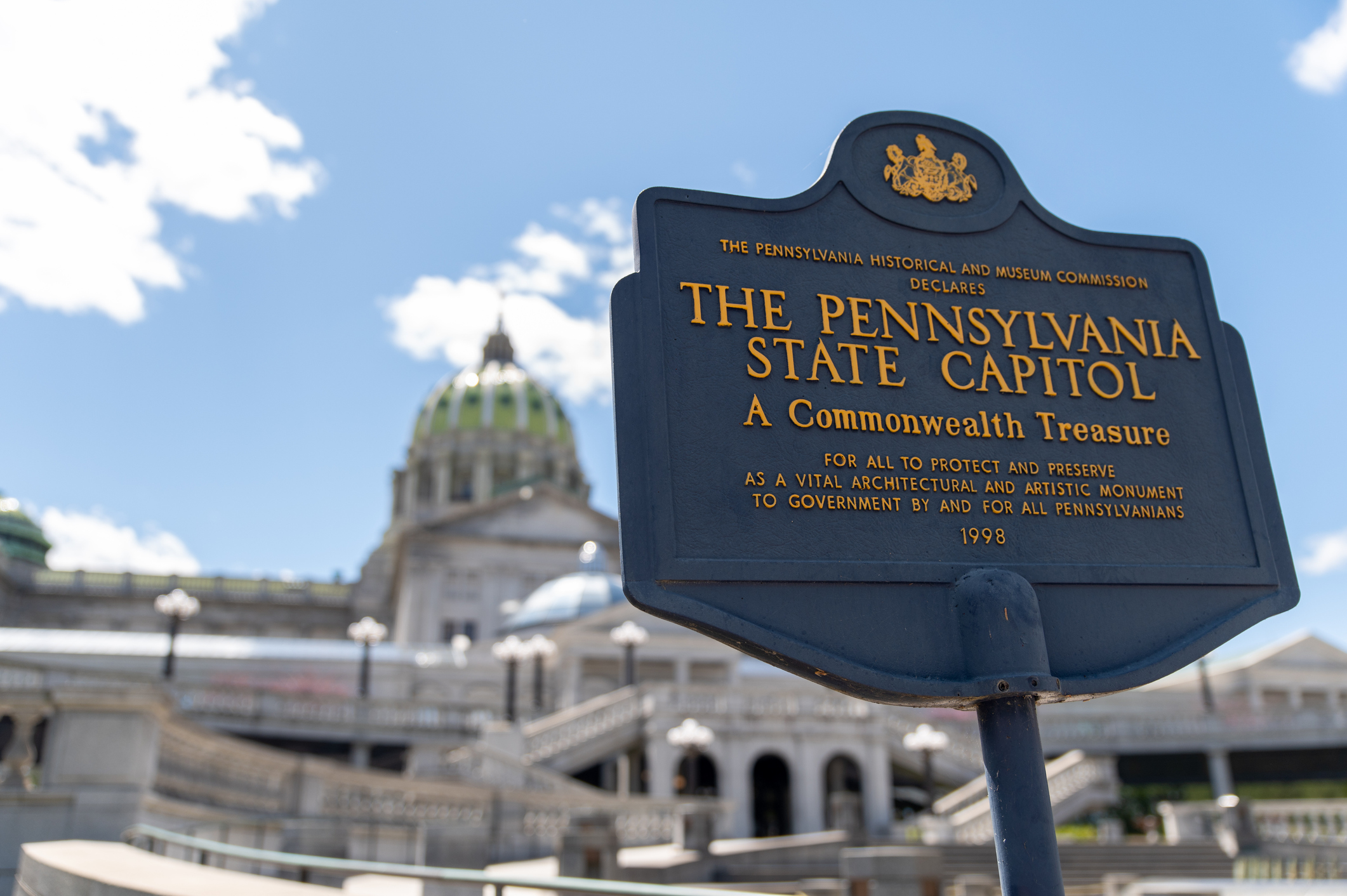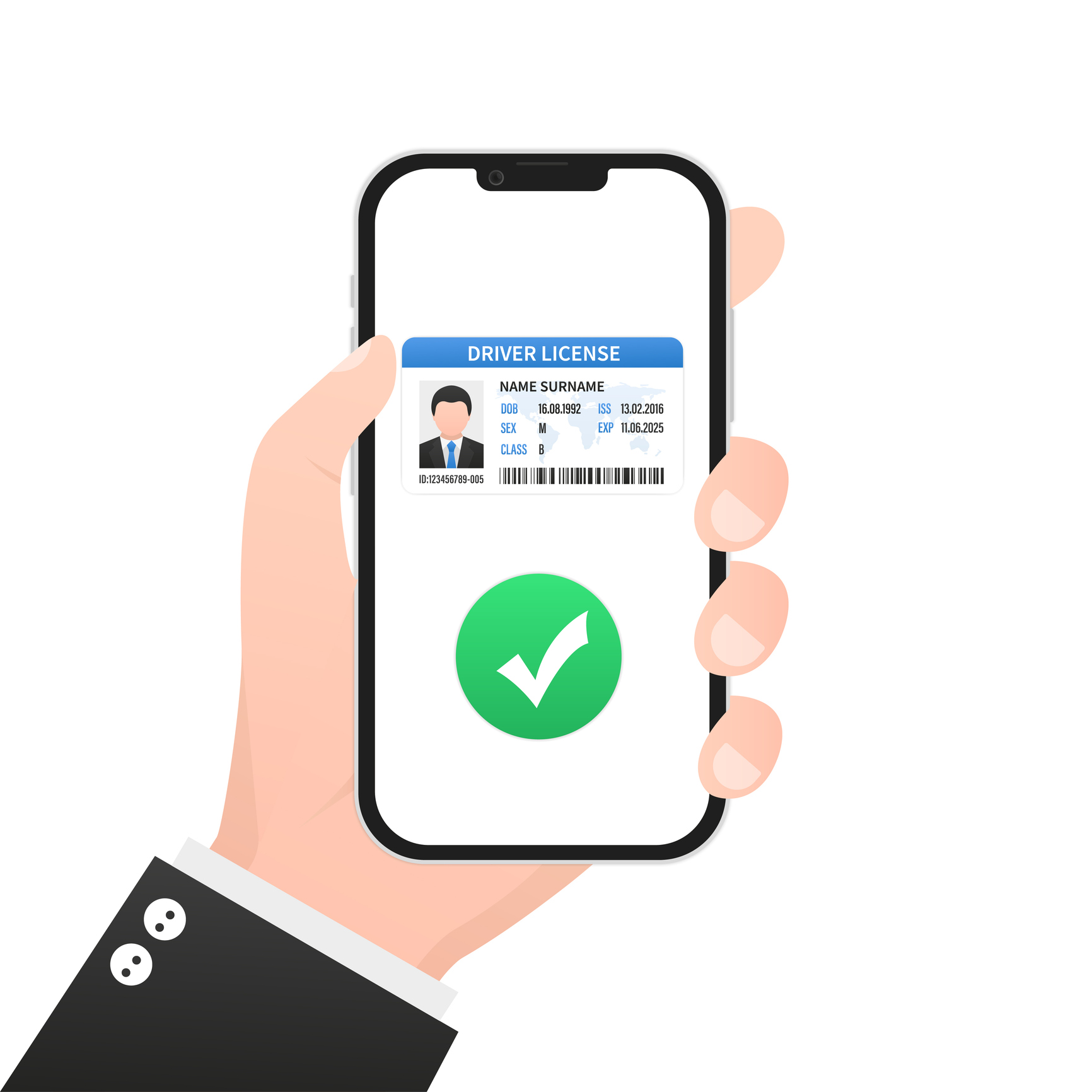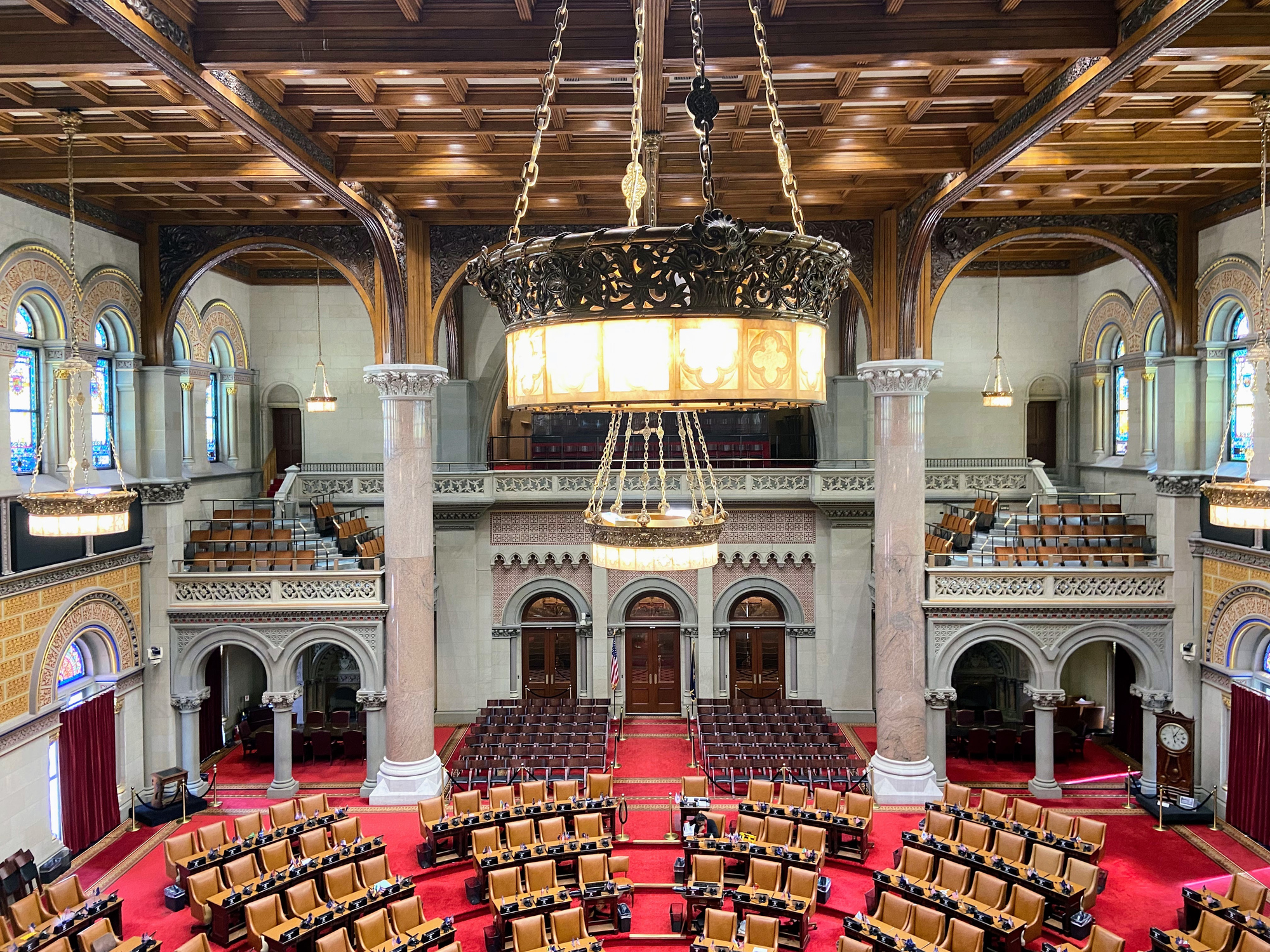Arizona
Legislative Highlights for Education in Arizona
Amid talks of teacher raises dominating the news from this year’s legislative session, the Arizona School for the Deaf and Blind, and the state’s various vocational school will realize an increase in funding from the 2018 session. Additionally, $1 million was allocated for a new initiative to instruct teachers in coding, which will then, in turn, be taught to students.
Trump Appointee Takes Position to Force CAP to Purchase Power from Navajo Generating Station
Assistant Secretary for Water and Science Timothy Petty, who oversees the US Bureau of Reclamation, notified the Central Arizona Project (CAP) that per the Colorado River Basin Project Act of 1968, it is mandated to purchase power from the Navajo Generating Station (NGS). NGS is a coal powered station located on the Navajo Indian Reservation and employs coal miners mainly from the Navajo and Hopi Tribes. One of President Trump’s campaign promises was to coal mining jobs.
The NGS is scheduled to close at the end of 2019 if a buyer is not found to take over operations. Arizona power utilities Salt River Project, Arizona Public Service, Co., and Tucson Electric Power are turning to the open market for cheaper sources of power from natural gas.
Colorado
Over 1 million Unaffiliated Voters Will Be Able to Vote in Primaries
For the first time, unaffiliated voters will be able to participate in primary elections. Past elections required a voter to declare a party affiliation in order to receive the relevant ballot. A ballot measure – Proposition 108 of 2016 – created a new process for unaffiliated voters.
An unaffiliated voter may now receive a primary ballot for the Democratic and Republican candidates. The voter, however, may only send one ballot to be counted. in the event both ballots are submitted, they are both invalid. Of course, a voter may still vote in person.
New Mexico
Gubernatorial Candidate Releases Tax Returns. Calls for Republican Candidate to Follow Suit.

Michelle Lujan Grisham
Amid criticism of business activities and profits from a health insurance company co-founded by Democratic Gubernatorial candidate Michelle Lujan Grisham has released the last five years of tax returns. The returns indicate that Lujan Grisham shared in profits from her company Delta Consulting which provided access to health care to the severely ill or those with complex illnesses, and to undocumented immigrants who are ineligible to purchase health insurance from the marketplace. Lujan Grisham divested from Delta Consulting last year.
In spite of criticism, Lujan Grisham’s campaign focuses on raising the minimum wage to $12, increase investments in local businesses, and make New Mexico a clean energy state. additionally, Lujan Grisham has a plan to address the low national ranking of the state’s education system. The plan includes raising teacher salaries and limit school testing all in an effort to raise graduation rates.
The lone Republican candidate Steve Pearce has yet to release any tax returns to the public even after he announced his intention to release copies after Lujan Grisham releases hers. Pearce’s campaign is focused on job creation in a state with one of the highest unemployment rates in the country. Pearce was an entrepreneur in the state’s oil fields and is looking to expand the state’s economy by the expansion of the natural gas and oil industries. Pearce is also using his childhood experience with poverty in an effort to reduce poverty by endorsing a requirement for every able-bodied Medicaid recipient to find employment.
Pearce’s main obstacle will be to distance himself from the Trump Administration in a state where Democratic registered voters outnumber registered Republican voter 2 to 1. Although Pearce supported the Trump tax cuts, he publicly opposes Trump’s border wall plans.
—
Utah
Initiative Proponents Agree that Laws Need Reform
Whether groups were striving to get their initiatives on the ballot or challenging those efforts, all agree that the laws describing and regulating the initiative process are in need of reform.
Currently, requirements to get an initiative on the ballot are considered one of the most difficult in the country. Some initiative proponents characterize the requirements as constitutionally problematic by blocking voters right to legislate by initiative.
Recommendations to reform requirements include lessening the number of signatures needed, allowing online signature gathering, limiting the ability to withdraw a signature from a petition, and stopping the Legislatures ability to change or discard initiatives that do pass. Currently, opponents of an initiative can approach signers to encourage them to withdraw their name from a petition. Opponent’s efforts can disqualify an initiative from appearing on the ballot by having just enough people to withdraw their signatures. This is seen as inherently unfair as its possible for 100 people withdrawing signatures to override the voices of 131,000 voters.
Latest News
Photo credit: iStock.com/Hamburg Studios As Pennsylvania continues to navigate an evolving energy landscape, state leaders are proposing new approaches to ensure reliability, affordability, and sustainability. Governor Josh Shapiro recently announced his “Lightning Plan”, a six-part [...]
Photo credit: iStock.com/StudioGraphic As technology continues to evolve, digital driver's licenses (also known as mobile IDs) are gaining traction across the United States. States are increasingly exploring legislative measures to modernize driver identification systems, enabling [...]
Photo credit: iStock.com/Ray Tan As the impacts of climate change intensify, several U.S. states are taking legislative steps to address the mounting costs of adaptation and resilience. New York, New Jersey, and Vermont have recently [...]
In this episode of The Back in Session Podcast, hosts Ryan Stevens and Ryan DeMara are joined by Brendan Williams from PBF Energy. They delve into the state of energy policy, the refining sector, and [...]






Stay In Touch